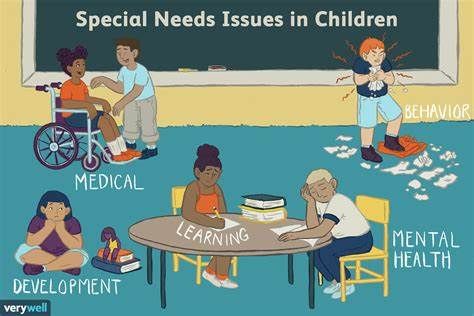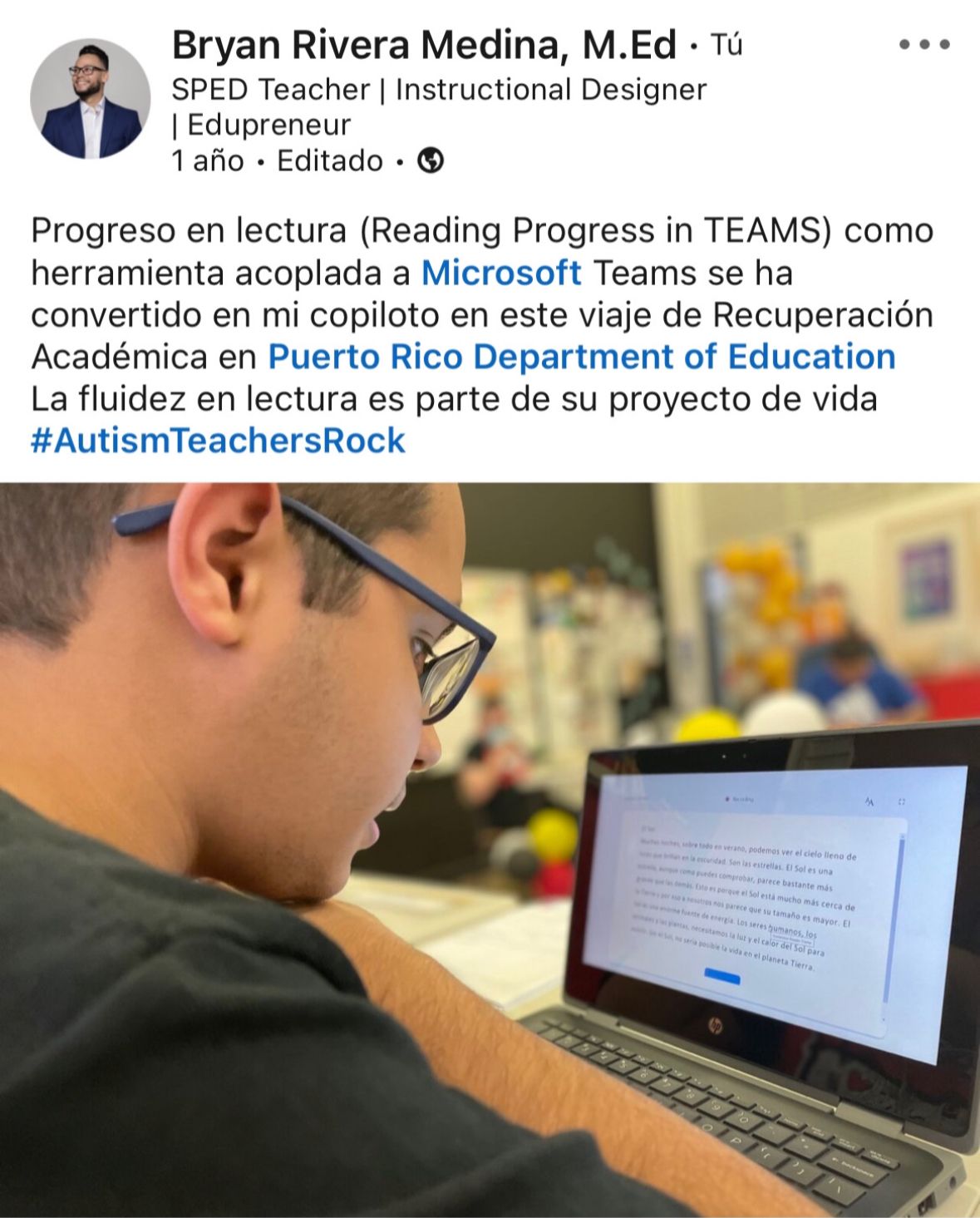Hello, educators! I’m an Autism Special Education Teacher from Puerto Rico. I would like to discuss the role of Artificial Intelligence (AI) in special education and how it can be utilized to enhance learning outcomes and promote inclusivity in the classroom. As Special Education (SPED) teachers, we play a crucial role in leveraging these technological advancements to create a more supportive and tailored learning environment for students with diverse needs.
I have some advice for SPED Teachers:
• We must stay informed about the latest advancements in AI technology and how they can be applied in special education settings.
• We must collaborate with technology specialists, support staff, and parents to identify and implement AI solutions that best meet the unique needs of our students.
• We must regularly assess the effectiveness of AI tools in supporting our student learning and adjust as needed to optimize outcomes.
• We must foster a culture of inclusivity and digital literacy by providing opportunities for students to explore and interact with AI-powered educational resources.
A question for discussion that I always want to read answers to is...
What role do parents and caregivers play in supporting the integration of AI technologies into their child's education?
In my experience I involves parents by giving them some homework to promote the use of AI at home. For instance, the use of seeing AI to identify money in order to purchase an item for students with cognitive impairments
Hope to share some ideas soon ... have a nice week of learning!

.jpg)
_1715612245882.jpg)
